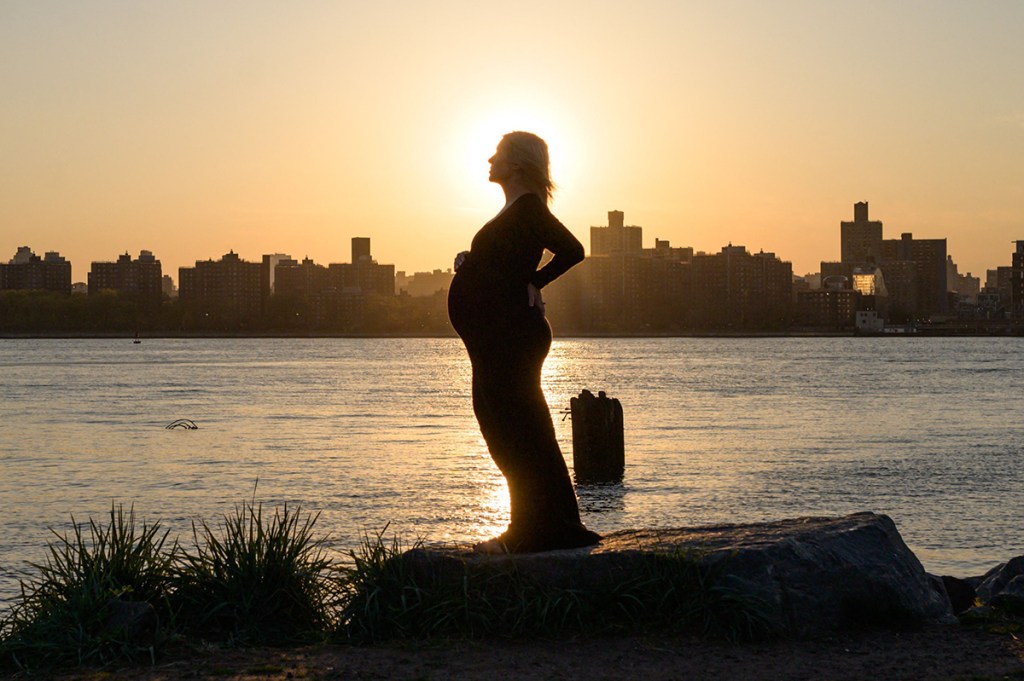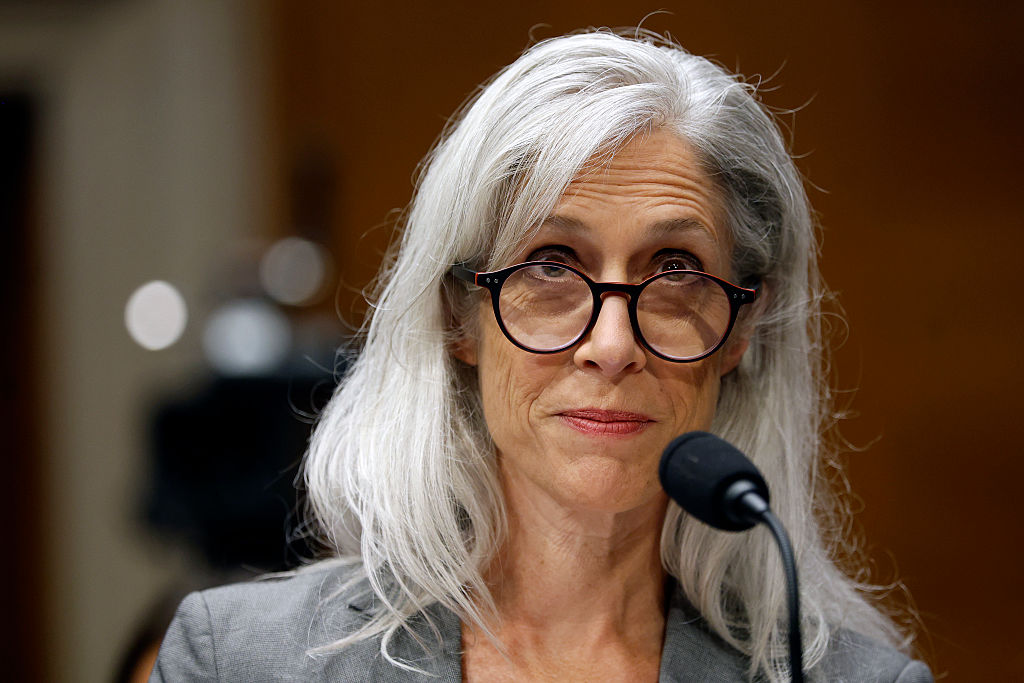After months of uncertainty, the Centers for Disease Control shifted its policy this week to fully recommend that pregnant and breastfeeding women get vaccinated against COVID-19. The announcement marked a significant shift for expecting mothers, many of whom have struggled to weigh the risks and benefits of taking an experimental vaccine while growing a baby inside.
Yet, in announcing the new guidance, the CDC carefully called pregnant and breastfeeding women ‘people’, implying that men, too, can give birth and produce breast milk. You could dismiss this as a harmless bit of inclusion, meant not to offend the trans men (born female-bodied) who are pregnant and breastfeeding. But in refusing to recognize basic biology about sex, the CDC made clear its advice is now influenced by political ideology instead of being based solely on science.
Then, in the next breath, they asked for our trust.
In recommending the COVID-19 vaccine for pregnant ‘people’, the CDC released new safety data on 2,500 women (was this a typo?) who received an mRNA COVID-19 vaccine before 20 weeks of pregnancy. ‘Miscarriage typically occurs in about 11-16 percent of pregnancies, and this study found miscarriage rates after receiving a COVID-19 vaccine were around 13 percent, similar to the expected rate of miscarriage in the general population,’ the CDC said.
Beyond that, the CDC reiterated previous data that ‘did not find any safety concerns for pregnant people who were vaccinated late in pregnancy or for their babies’.
Early miscarriage as a result of the COVID vaccine is one of many attributing factors to the low vaccine rates among pregnant women. (Only 23 percent of pregnant women in the US have received at least one dose.) Others include but are not limited to high fevers that are listed as one of the vaccine’s side effects, long-term physical or neurological damage to the baby itself, and unknowns about future fertility.
Unfortunately, many of these questions are impossible to evaluate until we have long-term data — and pregnant women don’t have time to wait. Pregnant women do, however, have the ability to know the risks of catching COVID-19 in the short-term. As the New York Times reports,
‘Pregnancy is on the CDC’s list of health conditions that increase the risk of severe disease for people infected with the coronavirus. They are significantly more likely than patients who are not pregnant to require intensive care, to be connected to a heart-lung bypass machine, and to require mechanical ventilation, and they face a 70 percent increased risk of dying.
‘Contracting COVID can also increase the risk of the mother developing a dangerous condition called pre-eclampsia, and raise the risk of preterm births and stillbirths; severe COVID disease further elevates these risks, and has been linked to gestational diabetes and low birth weight. In rare cases, the virus can be transmitted to the fetus during gestation.’
The ultimate question pregnant women must answer is this: is getting COVID-19 during pregnancy likely to be worse than any potential unknown long-term effects of the vaccine? While the CDC and many medical experts say yes, our limited data can’t fully answer this, so it must be a personal choice.
Pregnant women aren’t taking the decision about whether to get vaccinated lightly. With breakthrough infections on the rise and a more contagious strain spreading by the day, some who held off are likely reevaluating their decision at this moment.
For those who decide in favor of getting vaccinated, they face another difficult question: which one? Pregnant women are already at a five times higher risk for blood clots, so the concerns about Johnson & Johnson are relevant. There are also significant differences between a live virus vaccine and those that use mRNA, but seldom are these differences publicly addressed.
Citing the increased risks posed to pregnant women in light of the Delta variant, CDC director Dr Rochelle Walensky issued a blanket statement endorsing all three: ‘The vaccines are safe and effective, and it has never been more urgent to increase vaccinations as we face the highly transmissible Delta variant and see severe outcomes from COVID-19 among unvaccinated pregnant people.’
However, a new preprint study suggests the choice of which vaccine to get matters. Comparing the effectiveness of the Pfizer and Moderna vaccines in the Mayo Clinic Health System over time from January to July, researchers found that the Moderna vaccine is significantly more effective than Pfizer in protecting against Delta (76 percent versus 42 percent). While the study has not yet been peer-reviewed, the results have ‘grabbed the attention of top Biden administration officials’, but apparently aren’t worth mentioning to those they say are at heightened risk.
In constantly revising its mask guidance, allowing politics to influence public health and issuing statements that conflict with cutting-edge research, the CDC has damaged its reputation and degraded public trust. In smearing those as ‘anti-vaccine’ who haven’t yet received a first dose, the media has fueled frustration and abandoned the truth. In failing to express compassion for the complicated reasons that a minority of Americans with health conditions haven’t yet been vaccinated, the public has eroded what little civility we had left.
With limited information available to guide their decision, expecting moms are understandably torn about what to do. The latest information released by the CDC is a helpful step in the right direction, but pregnant women need more to fully put them at ease.
Until that information is available — and unless the public rhetoric changes course — pregnant women will continue to feel confused, misunderstood and alone in any conversation surrounding COVID. I know, because I am one.
Kelsey Bolar is a senior policy analyst at Independent Women’s Forum. She is also an editor of BRIGHT and a contributor at the Daily Signal and the Federalist. She has a two-year-old daughter with a second child on the way.

























